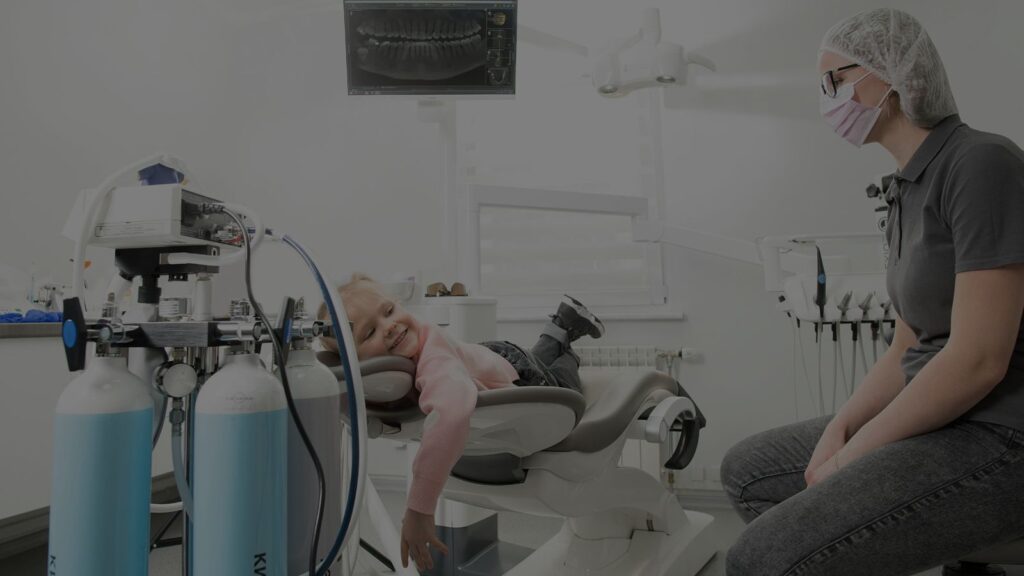Background of the Audit
In a very interesting but sad set of facts, our client, a pediatric dental clinic, was audited by Medicaid for calling in their patients before the specified and allowable cleaning dates.
Key Facts of the Case
- Our client called their patients (children) sooner than the allowable six-month period for cleanings.
- The purpose behind the more frequent cleanings was that the children were not keeping up with their oral hygiene, thus causing increased dental issues inclusive but not limited to gum disease and cavities.
- By calling in their patients in less than the prescribed timelines, our client attempted to mitigate the damages to their patients, who would in turn endure:
- More pain
- Increased health concerns
- Increased costs
State’s Position
As a result, the State built their case on the premise that our client was overbilling by calling in their patients more frequently.
This is a case where, as medical providers, your oath may not withstand the rules surrounding Medicaid payouts.
Although one can raise the argument that money was in fact saved by mitigating the damage to one’s oral health, the State was steadfast in their thinking that dental appointments for cleanings must occur in a given time frame.
Outcome and Documentation Defense

Given the strong and clear documentation of previous visits, we were able to prove that the cleanings were detrimental and necessary in such cases where children suffer from oral health conditions.
We were very lucky that our client kept excellent records. We were able to prove in most cases that without the shortened time lapse between appointments, the result would have been more detrimental to the patients’ health.
Frequently Asked Questions
Why was the pediatric dental clinic audited by Medicaid?
The clinic was audited for scheduling patient cleanings earlier than the six-month interval permitted by Medicaid guidelines, which the state interpreted as potential overbilling.
Why did the clinic bring patients in before the six-month mark?
The clinic believed that many pediatric patients had poor oral hygiene, leading to increased risks of cavities and gum disease. More frequent visits were seen as necessary preventive care.
Was the clinic financially benefiting from early appointments?
While the state saw this as overbilling, the clinic argued it was preventing greater future costs by addressing dental issues early. There was no intent to exploit the system, just to improve patient outcomes.
How did the clinic defend itself during the audit?
The clinic provided strong documentation showing that earlier cleanings were medically necessary. These records demonstrated that delaying treatment would have worsened the children’s oral health.
What was the final outcome of the audit?
Due to excellent documentation and a clear medical rationale, the clinic was largely able to justify its practices, showing that the early cleanings were in the best interest of the patients’ health.

